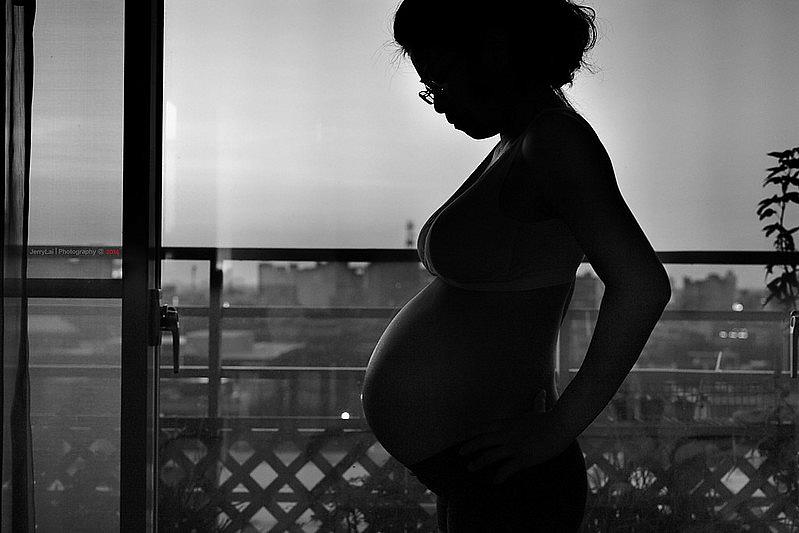Women from underserved neighborhoods find birth plans upended by pandemic

(Photo by Jerry Lai via Creative Commons/Flickr)
For more than 15 years, doula Karla Leng worked in Los Angeles with pregnant women from underserved Black and Latino communities, helping them give birth and navigate the postpartum period. But never before had she witnessed anything that upended the lives of her clients as much as the COVID-19 pandemic.
As coronavirus crept through the country about a year ago, she saw a surge in requests from women afraid to catch the virus at the hospital and instead opting for a home birth. Some abruptly lost their jobs and worried whether they had enough time to switch to public health coverage before their due date. Others sought instructions on how to deliver a baby at home without any professional help.
One of her recent clients, a 19-year-old undocumented immigrant who conceived after being sexually assaulted while crossing the border from Mexico, decided to deliver the baby with Leng’s help at a friend’s house. The teenager was afraid to go to the hospital, seeking to avoid questions about her legal status.
Across the county, home births have been on the rise in recent years. The number of births at home went up by 77% from 2004 to 2017, according the medical journal Birth.
In multiple interviews with midwives and doulas, they say more of their clients are struggling with isolation, limited access to quality health care, fear of exposure to the virus at hospitals, and a lack of resources in the wake of lost jobs. They also say more women are seeking in-home births at the last minute because they’re afraid of contracting the virus at the hospital.
But experts say giving birth at home entails higher risks.
A recent study published in the American College of Obstetricians and Gynecologists found that more than three newborns per 10,000 births died in a hospital, compared to nearly 14 deaths per 10,000 in planned home births.
Studies have shown that having a doula lowers the risk for unnecessary cesarean birth and shortens labor time for women.
If given the choice, women from across socioeconomic backgrounds may prefer having a child at home, but they don’t often have the option.
Nearly 700 women die each year in the United States from pregnancy-related complications, including infections, severe bleeding and high blood pressure. The majority of those deaths were preventable. Black, American Indian and Alaska Native women are two to three times more likely to die from pregnancy-related causes, according to researchers from the Centers for Disease Control and Prevention.
In a recent UC San Francisco study of 815 Black women who delivered babies in 2020, researchers found:
-
Many of those surveyed in California and Tennessee hospitals reported being ignored, dismissed by hospital staff and feeling judged when requesting more pain medication and not allowed to breastfeed newborns in NICU.
-
Nearly 62% of women said they would often or always seek a Black physician, midwife, doula, nurse, or lactation specialist to be part of their hospital birth team if they could redo their 2020 hospital birth.
-
About 73% of women reported that they almost never or rarely felt that the hospital or their community offered affordable and accessible birthing options that included a Black midwife, doula or both.
For this multimedia project for the 2021 California Fellowship, I will look into whether the number of home births has increased in the last year across Southern California and how pregnant women from underrepresented communities have been impacted during the pandemic.

